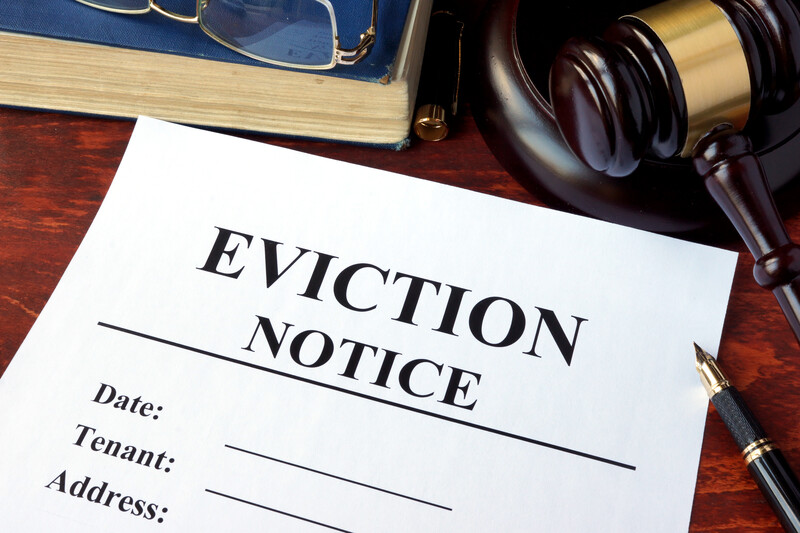
How to Evict a Tenant in Wales
If you need to evict a tenant in Wales, you’ll need to follow the correct legal eviction procedures. This guide will outline the steps you need to take in order to evict a tenant legally. Speak to professionals such as sjv solicitors in Cardiff for more information and help.
When A Landlord Can Give Eviction Notice
If you have a fixed-term tenancy, a landlord can only give you notice within that period if the following conditions are met:
-There is a condition in your tenancy agreement that allows your landlord to terminate the tenancy early. (often referred to as a ‘break clause’).
-Or the notice period has expired after the fixed term has ended.
A landlord can give you notice at any time if you have a periodic tenancy, as long as the notice:
-Is valid for the specified period of time and contains any further information that may be required, depending on the kind of tenancy.
-The notice expires after the fixed term has ended.
If you have a periodic tenancy a landlord can give you notice any time as long as the notice:
-Is for the correct length of time.
-Contains any other information which may be required, depending on what sort of tenancy you have.
Section 21 Eviction Notice
Firstly, you’ll need to serve the tenant with a Section 21 notice. This is a document that informs the tenant that you intend to evict them. It gives them a period of time in which to leave the property. The Section 21 notice must be served in accordance with the relevant regulations. It’s important to make sure that you do everything correctly. If not you may not be able to evict the tenant later on.
When you are able to be given the length of the notice is determined by the reason for your landlord’s eviction and the type of tenancy you have.
Once the Section 21 notice has been served, you can start court proceedings to evict the tenant. However, it’s important to note that you cannot evict a tenant without a court order. The court will consider whether or not it is reasonable to evict the tenant. They may refuse to grant an order if it believes that the tenant has not been given a reasonable chance to leave the property.
If you’re successful in getting a court order to evict the tenant, they will have to leave the property by the date specified in the order. If they don’t leave, you can arrange for bailiffs to remove them.
It’s important to note that you may not be able to evict a tenant who is in the middle of a fixed-term tenancy agreement. You’ll need to check the terms of the agreement to see if it allows you to terminate the tenancy early.
The Section 21 notice should include the following information:
– The address of the property.
– The name and address of the tenant.
– The date by which the tenant must leave the property.
– A statement that the tenant is entitled to receive written notice of at least two months before any court proceedings are started.
– A statement that the tenant may be able to get help from a housing advice centre.
Tenant not Leaving Property
If the tenant doesn’t leave the property after the notice period has expired, you’ll need to apply to the court for a possession order. The court will then decide whether to grant the order, and if it is granted, the tenant will have to leave the property. If the tenant doesn’t leave, you may have to take further action to evict them.
It’s important to note that evicting a tenant can be a complicated and time-consuming process. Therefore, it’s always advisable to seek legal advice if you’re unsure of what steps to take. It’s also important to note that you must follow the correct legal procedures when evicting a tenant, or you could face penalties yourself. For more information, please contact a solicitor or your local Citizens Advice Bureau.